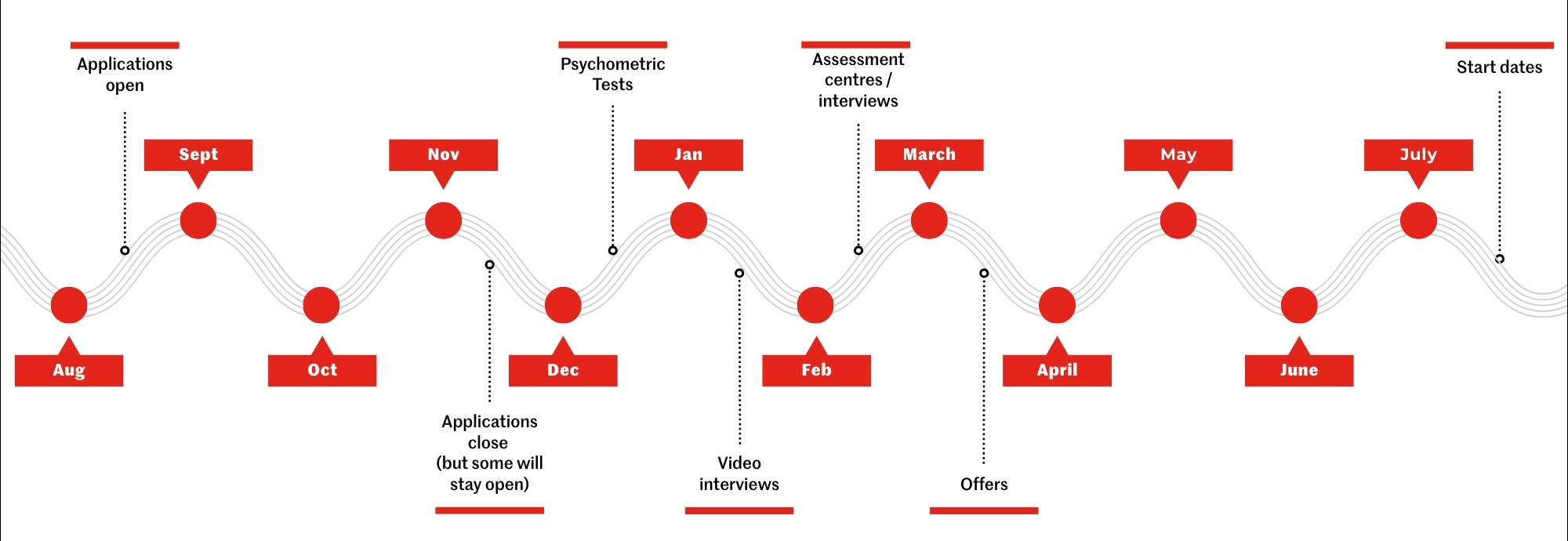Advice for international students
Understand job-searching in the UK and the support available to you as an international student.
Job-searching in the UK is challenging for everyone – the graduate job market is competitive. It takes resilience, as well as time and effort to make sure you submit tailored and well-crafted applications. We recognise that international students may face additional challenges in navigating the UK labour market and have additional resources and support available to support our international students and graduates to thrive during your time at Cardiff University and beyond.
Online resources
Current students and recent graduates can access our bespoke International Students Employability Advice Pathway via their Student Futures Account. The pathway includes five tailored courses to support you with your employability, including:
| Pathway | Key Focus |
| Get Ready for Your Future | Career planning for international students – understand UK jobs and careers support at Cardiff University |
| Get UK Work Experience | Build skills through internships, volunteering, part-time jobs |
| Apply and Interview for UK Jobs | CVs, applications, cover letters, interviews and assessments |
| Talk to Employers About Visas and Sponsorship | Graduate & Skilled Worker visas, sponsorship strategy, explaining visa options to employers |
| Return Home or Work Globally | Planning your career outside the UK, Country Guides |
As a current Cardiff University student, you can also access the GoinGlobal platform for jobs and country guides from over 190 countries. Make sure you search for GoinGlobal in the student intranet, so that you access the correct Cardiff University-badged page.
Finding a part-time job
Start your job search early if you know you need a part-time job to support your studies at Cardiff University. Even finding a part-time job is a competitive process and you should be prepared to apply for quite a few vacancies. Remember to tailor your CV to part-time work, and the specific roles you are applying for. You can download our CV template for part-time work below to help you.
It’s important to understand your visa restrictions for working during and outside of term time. Cardiff University also recommends students work a maximum of 15 hours alongside their course in order to manage their studies. If you will be working in the UK, you’ll need a National Insurance number. You can read more about this on the student intranet and the UK government website.
You can also read our more detailed advice on looking for part-time jobs for further support.
Securing a placement or graduate role in the UK
We recommend starting your job search early – applications tend to open in August/September and close in November/December.
Typical placement and ‘graduate scheme’ recruitment timeline.

-
- Applications open – Mid August
- Applications close – Mid November (some applications will remain open)
- Psychometric tests – Mid December
- Video interviews – Mid January
- Assessment centres / interviews – Mid February
- Offers – Mid March
- Start dates – Mid July
Bright Network has useful deadline trackers for internships, industrial placements and graduate schemes to help you plan your applications and target your approach.
It’s very important that you tailor your application to meet the criteria of each role that you apply for. You can read our detailed advice on job-searching, including job-searching strategies, an overview of the graduate job market, and the difference between graduates jobs and experience, as well as our guides to finding work experience and doing well with CVs, applications and interviews.
You can utilise our templates below to support your applications and help evidence your experience:
CV template – international students
Cover letter template – international students
Cover letter template for placement – international masters students
Tailored events
Student Futures hosts a wide range of events that offer employability support for students and recent graduates. You can look for these in your Student Futures Account – you can also filter events by clicking on ‘event type’ and selecting ‘international student employability support session’.
Right or eligibility to work in the UK
When applying for jobs in the UK, employers often ask two yes/no questions:
- Do you have the right to work in the UK?
- Will you require visa sponsorship in the future?
Many international students can answer “yes” to the first question through eligibility for the Graduate Route visa. Most will also need to answer “yes” to needing sponsorship long term.
Anecdotally we believe employers use automated filters that may remove applicants who indicate they require sponsorship, resulting in instant and unexplained rejections.
What you should do:
-
- Always answer truthfully – right-to-work checks are a legal requirement.
- Focus on employers who meet Skilled Worker visa salary thresholds. See UKCISA for more information on minimum salary and ‘new entrant’ thresholds.
- Apply for fixed-term roles that can be completed on the Graduate Route visa.
- Use these roles to demonstrate your value and strengthen your case for future sponsorship.
- Find out more about the immigration options that might be available to you.